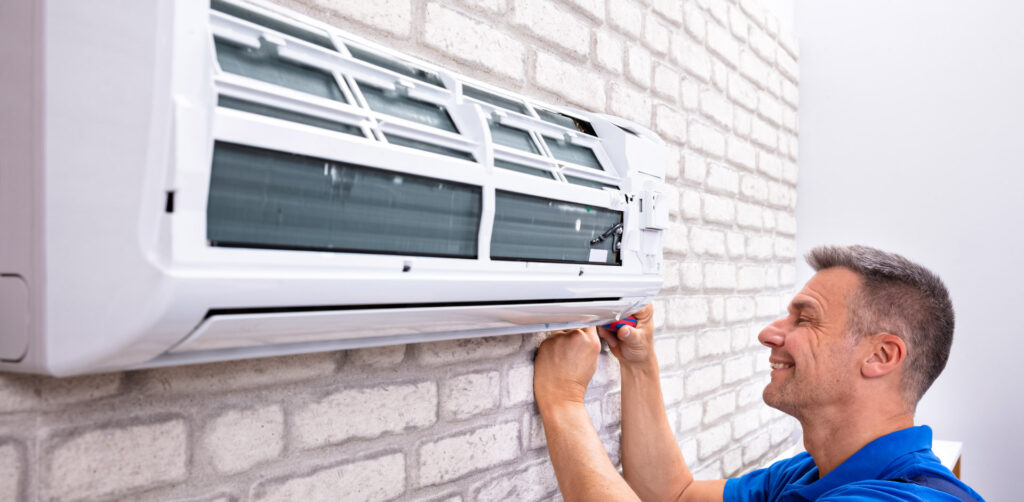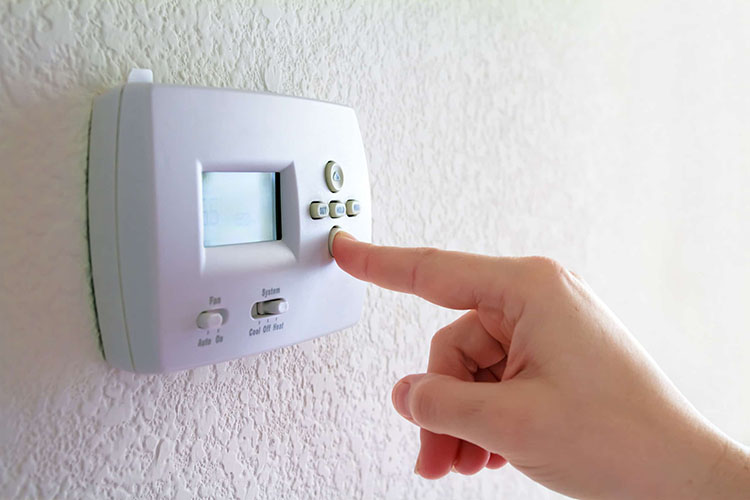Understanding The Difference Between Furnace And Boiler Systems
If you’re in the market for a new heating system, you’re probably wondering whether to go with a furnace or a boiler system. Both systems have their pros and cons, and it can be tough to figure out which one is right for you. But don’t worry, we’ve got you covered.
In this article, we’ll break down the differences between furnace and boiler systems, explain how each one works, and help you decide which one is best for your home. Whether you’re looking for a more efficient way to heat your home or you’re simply tired of dealing with a broken-down old system, we’ll give you all the information you need to make an informed decision. So sit back, relax, and let’s get started.
How Furnace Systems Work
Furnaces work by heating air and distributing it throughout the house, creating a warm and comfortable environment. This is done by a process called furnace heating mechanics, which involves burning fuel (gas or electricity) to produce heat. The heat is then transferred to the air that is blown through the furnace by a fan. This heated air is then distributed throughout the house through ducts and vents.
When choosing between a gas or electric furnace, there are a few things to consider. Gas furnaces tend to be more efficient and cost-effective in the long run, but require regular maintenance to ensure safety. Electric furnaces are generally easier to install and maintain, but can be more expensive to operate. Ultimately, the decision comes down to personal preference and the specific needs of your home.

How Boiler Systems Work
Boilers operate by heating water and distributing the resulting steam or hot water throughout a building. Unlike furnaces, which use air to heat a space, boilers rely on water to transmit heat. The water is heated in a closed system, with a heat source such as a gas burner or electric coil. The resulting steam or hot water is then sent through pipes to radiators or other heat exchangers, where it releases its heat energy. The cooled water is then returned to the boiler to be reheated and circulated again.
To keep your boiler system running efficiently and safely, regular maintenance is essential. This includes checking for leaks, ensuring proper water levels, and cleaning the heating surfaces. An efficient boiler system not only reduces energy bills but also extends the life of the system. Don’t neglect your boiler system maintenance and risk costly repairs or replacement. Trust a professional to keep your system running smoothly and efficiently.
Pros and Cons of Furnace Systems
Whether you’re looking for warmth or energy savings, it’s important to weigh the pros and cons of different heating options. Furnace systems, for example, have their advantages and disadvantages compared to boiler systems.
One advantage of furnace systems is that they are generally more cost-effective to install. They also tend to be easier to repair and maintain, and can be used for both heating and cooling. However, furnace systems are less energy efficient than boilers, as they tend to lose more heat during the process of heating the air. This means higher energy bills in the long run. Additionally, furnaces require regular filter changes and cleaning to ensure they stay in good working order. Overall, while furnace systems may be a good option for some homes, it’s important to consider the long-term energy costs before making a decision.
Pros and Cons of Boiler Systems
If you’re looking for a heating option that provides consistent warmth and doesn’t dry out the air, you may want to consider a boiler system. Unlike furnaces that heat the air, boilers heat water and distribute the warmth through radiators or underfloor pipes. This means that you won’t have to deal with the discomfort of dry air, which can lead to respiratory problems, dry skin, and static electricity. You’ll also enjoy a more even and comfortable heat distribution throughout your home.
When it comes to efficiency comparison, boilers are usually more efficient than furnaces. This is because they don’t waste energy by heating air that escapes through ductwork or leaks. However, boilers do require more maintenance than furnaces, as they have more components that need to be checked and serviced regularly. This includes the boiler itself, the pipes, the radiators, and the valves. Nevertheless, with proper maintenance, a boiler system can last longer than a furnace and provide reliable and cost-effective heating for your home.
Factors to Consider When Choosing Between Furnace and Boiler Systems
One important factor to keep in mind when deciding on a heating option is the level of maintenance required. Furnaces require more maintenance than boilers because they have more moving parts, including fans, motors, and blowers. Furnaces also require more frequent filter changes and cleaning to ensure optimal performance. On the other hand, boilers have fewer parts and require less maintenance. They do, however, need to be checked annually to ensure that they are functioning properly.
Another important factor to consider when choosing between furnace and boiler systems is their efficiency comparison and environmental impact assessment. Furnaces tend to be less efficient than boilers because they lose heat through their ducts and require more energy to operate. Boilers, on the other hand, are more efficient because they heat water, which is then distributed through radiators or baseboards, and they do not lose heat through ducts. Additionally, boilers produce less carbon dioxide emissions than furnaces, making them a more environmentally friendly option. When deciding between the two, it is important to consider both efficiency and environmental impact to make an informed decision.

Conclusion
Congratulations! You now have a better understanding of the differences between furnace and boiler systems. When it comes to deciding which one is right for you, there are a few things to keep in mind. First, consider your climate and how much you’ll be using your system. If you live in a colder climate with harsh winters, a boiler system may be the better choice. However, if you live in a milder climate where you won’t be using your system as often, a furnace may be the way to go.
Another factor to consider is your budget. Furnace systems tend to be less expensive upfront, but may cost more to operate in the long run. Boiler systems, on the other hand, may have a higher initial cost but can save you money on your energy bills over time. Ultimately, the decision comes down to your personal preferences and needs. With this knowledge, you can confidently choose the system that’s right for you and your home.







